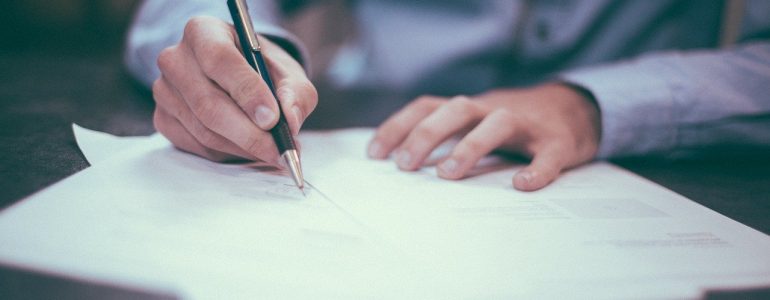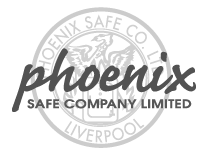How to keep important documents safe at home? The best way to protect important and sensitive documents at home is to be paranoid. Think of all the ways your documents could be stolen, lost or damaged and then apply multiple security measures to counter as many risks as you can.
A drawer may keep documents safe from curious kids, but it won’t protect them from a fire or flood. A fireproof document bag prevents them from going up in flames, but a burglar can still snatch the bag while they search for valuables in your home.
Here are some security measures you can put in place to keep documents safe at home. Apply as many of them as you can.
Note: It’s also important to know which documents are worth securing. The most essential are birth certificate, will, academic certificates, title deed, passport and any other document you deem important enough to secure.
Best Ways to Keep Documents Safe at Home
1. Fireproof Document Bag
Unless you have other large items to secure, you don’t need an expensive safe to keep important documents secure. A fireproof document bag will do.
Just make sure you get one that’s large enough to fit your largest documents. One of the most popular document bags is the 15” by 11” Ruboka fireproof document bag. It can fit documents bigger than A4.
If you have many documents, we recommend the large Tamfile fireproof document bag, which is more of a briefcase. It measures 16″×12″×5″.
Most fireproof bags are also waterproof or water resistant in case of a flood.
Once you have a secure document bag, find a good place to put it where it’s safe from fire, water and burglars. Just because it’s fireproof doesn’t mean you keep it above the stove.
Tip: A fireproof document bag is also a great place to store money and jewellery.
2. Safe
If you have already have a safe or you want to secure additional items, a safe is the best place to keep important documents.
Make sure the safe has a high resistance to fire and water. This protects your documents from multiple risks, not just burglars.
For added security, a safe should be anchored on the wall or bolted to the floor. Otherwise, a burglar could just carry it away and force it open elsewhere.
3. Plastic Sleeves
Even if you are putting the documents in a safe or bag, inserting them in plastic sleeves provides an extra layer of security against things like water.
Plastic sleeves are especially important for documents that may be exposed to the sun. The sleeve prevents the paper from discolouring from oxidation or becoming brittle because of UV damage.
4. Overall Home Security
If burglary is a major concern for you, the best way to protect your documents and valuables is to make sure the burglar does not get in the house at all.
Invest in good home security including security cameras, an alarm system, a secure TS007 3-Star Euro Cylinder lock for the doors and secure windows.
While you are at it, make sure you have functioning smoke detectors in your home. In case of a fire, they can give you enough time to grab your important documents for safety.
Securing Documents Away from Home
No matter how paranoid you are, it’s impossible to protect documents from all risks. Even a fireproof bag may not be enough if the fire exceeds a certain temperature or keeps burning for a long time.
All safes and document bags have a limit of how long they can withstand a fire and up to what temperature they can keep valuables safe.
For really important documents such as a title deed, the safest option is to store it away from home in a bank safe deposit box. There, it’ll be safe from most risks including theft.
Securing Digital Documents
For digital documents, use cloud-based storage such as Dropbox or Google Drive to ensure you can access them from anywhere at any time.
Local storage in something like a computer, hard disk or a USB stick is risky. Not only can the hardware get stolen, it can also fail.
For added security, store the documents in at least two different cloud storage sites.
Additional Tips
- Always make copies of your important documents and store them separate from the originals. In case the originals are damaged or lost, having copies ensures minimal disruption to your life as you work to replace the originals.
- For sensitive documents that you don’t need to keep around such as bank statements, burn or shred them to keep anyone from accessing them.
- Remember to plan how these documents will be accessed by your spouse or family members in case you die. For example, you can share the safe access code with your partner. For a safe deposit box, contact the bank and ask for guidance.







